‘Fundamental’ disagreement remains after NATO talks, Russia says
Following an intense round of NATO-Russia talks in Brussels, Russian Deputy Foreign Minister Alexander Grushko has indicated there was no breakthrough in dialogue and the two sides had a lot of “fundamental” disagreements.
“The conversation was quite frank, direct, deep, intense, but at the same time it revealed a large number of differences on fundamental issues,” the Russian diplomat told reporters after the talks in Brussels on Wednesday. He further warned that the continued deterioration of the situation could lead to the “most unpredictable and most dire consequences for European security.”
Grushko spoke after NATO rejected Russia's demand for a new security settlement in Europe earlier in the day. He said to de-escalate the situation over Ukraine, NATO should stop sending military aid, including arms supplies, to Kyiv.
Tensions run high between Russia and the West over the thorny issue of Ukraine, with the NATO chief now warning about the risk of a new armed conflict in Europe. Secretary-General Jens Stoltenberg said on Wednesday that the western military alliance could deploy troops to Eastern Europe if Moscow decides to use force against Ukraine. Stoltenberg said the differences between the two sides remain hard to bridge. He reiterated that Moscow does not have a say in Ukraine’s possible future membership in NATO.
Separately, US Deputy Foreign Secretary Wendy Sherman threatened that any Russian attack against Ukraine would jeopardize the Nord Stream 2 gas pipeline.
Russia says the West needs to respond to Moscow’s concerns about NATO’s activities near its borders.
Western governments accuse Russia of planning an invasion of Ukraine amid a military buildup near the Ukrainian border. Moscow rejects the allegation and insists that deployments are defensive in nature.
Recently, Moscow has been especially unsettled by the prospect of Ukraine being admitted to NATO and has warned of serious measures to counteract that scenario. Last month, the Russian government put forth a number of security guarantees that it said it wanted from the West, in particular about Ukraine, and offered to take certain measures in exchange.
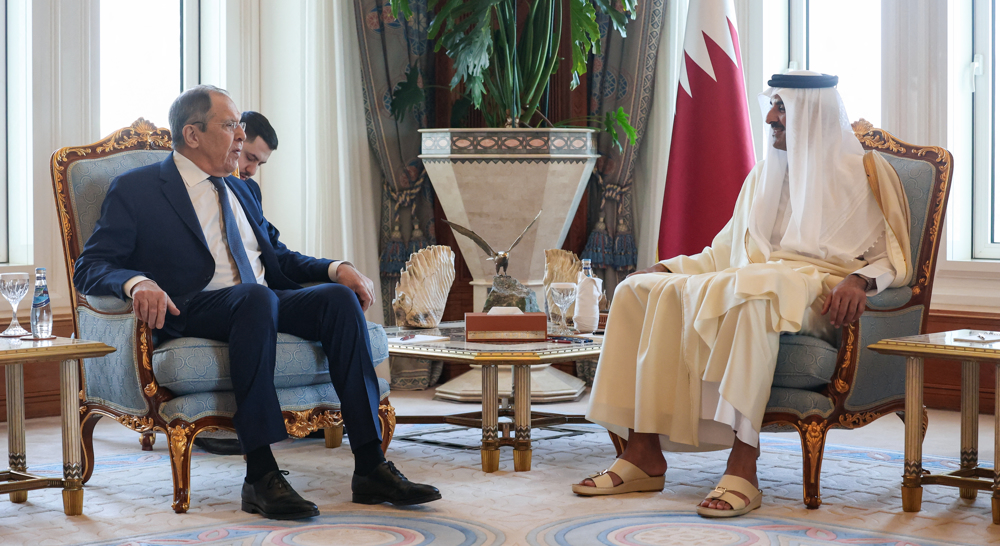
Russia, US diplomats to meet in Istanbul to discuss restoration of embassies: Lavrov
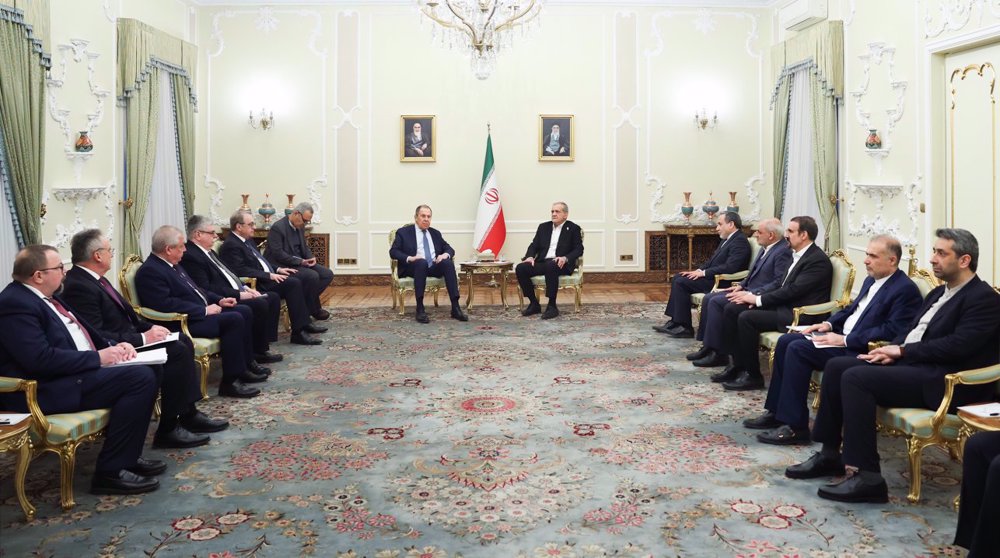
Iran’s president vows to accelerate cooperation with Russia
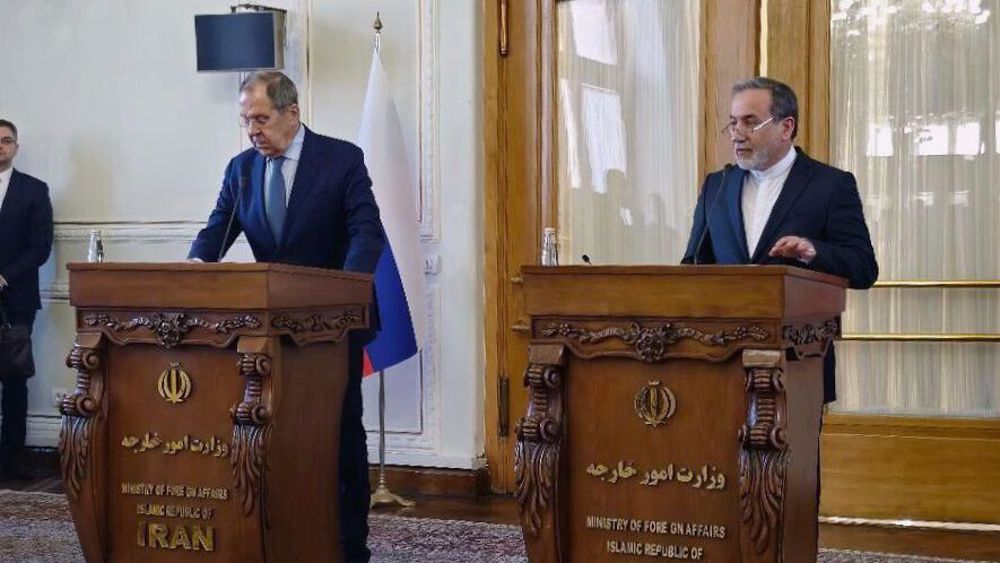
Iran rules out nuclear talks with US amid ‘maximum pressure’ campaign
VIDEO | Israel destroyed 134 football fields in Gaza
Pezeshkian urges promotion of convergence among Muslim states
Trump says Ukraine can 'forget about NATO' ahead of meeting with Zelensky
Two Israeli spying devices found, neutralized in southern Lebanon
Israel has ‘no choice but to start negotiations’ on 2nd phase of ceasefire: Hamas
Iranian intelligence forces bust Takfiri terror network, seize weapon cache
VIDEO | Press TV's news headlines
VIDEO | US police brutality


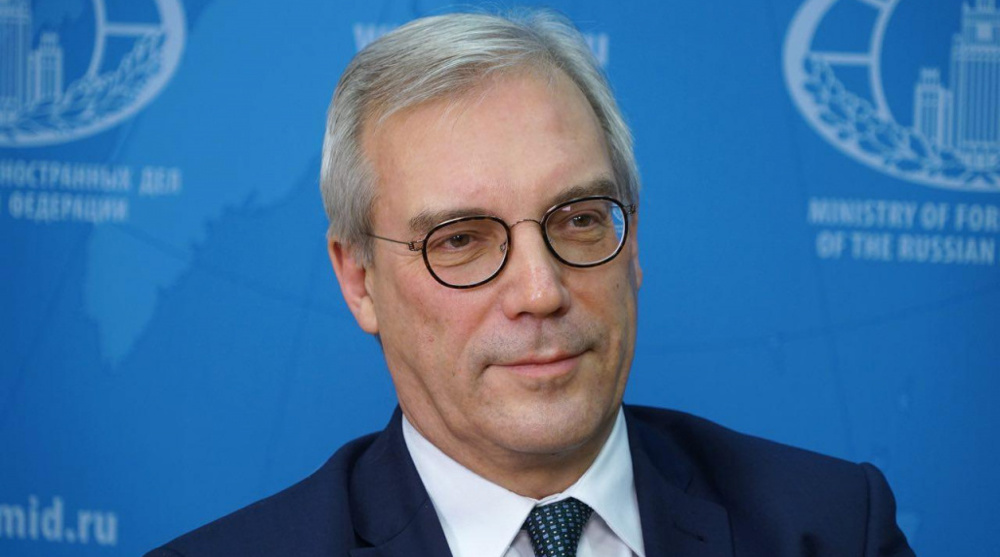
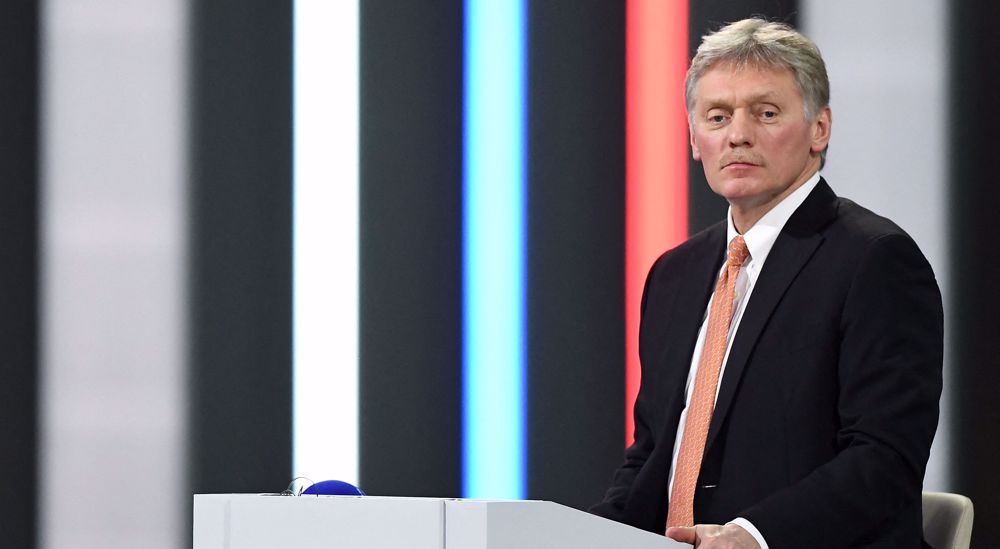



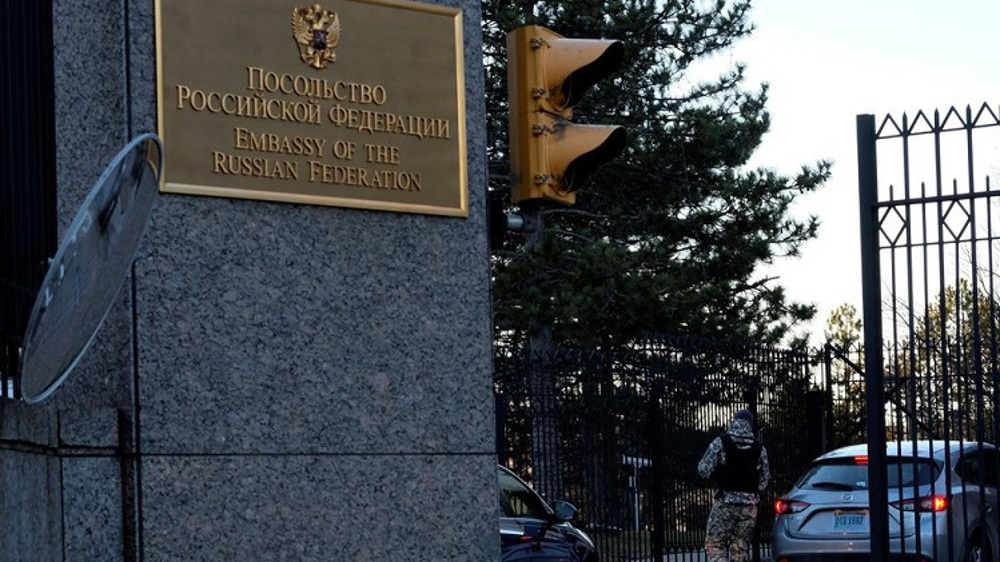
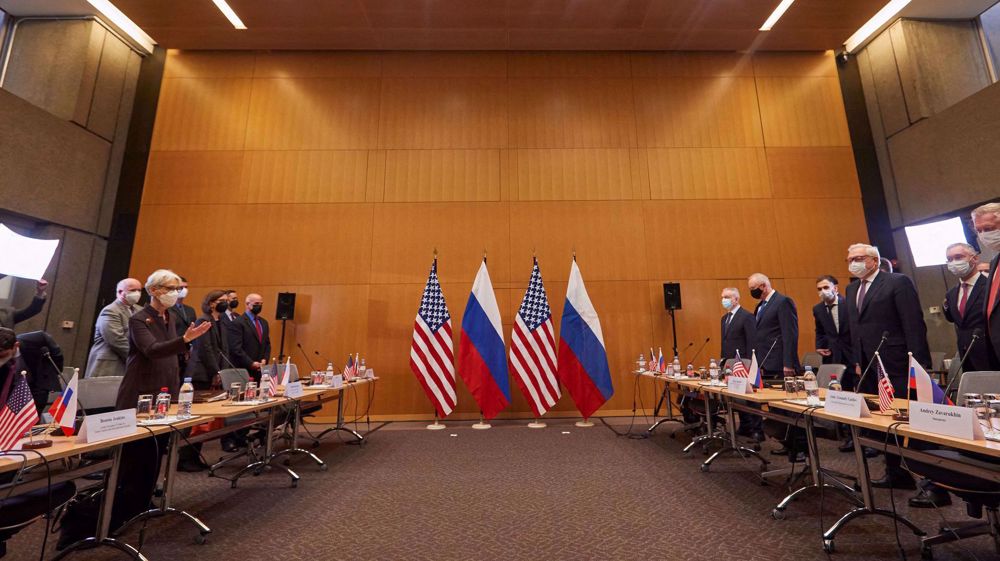
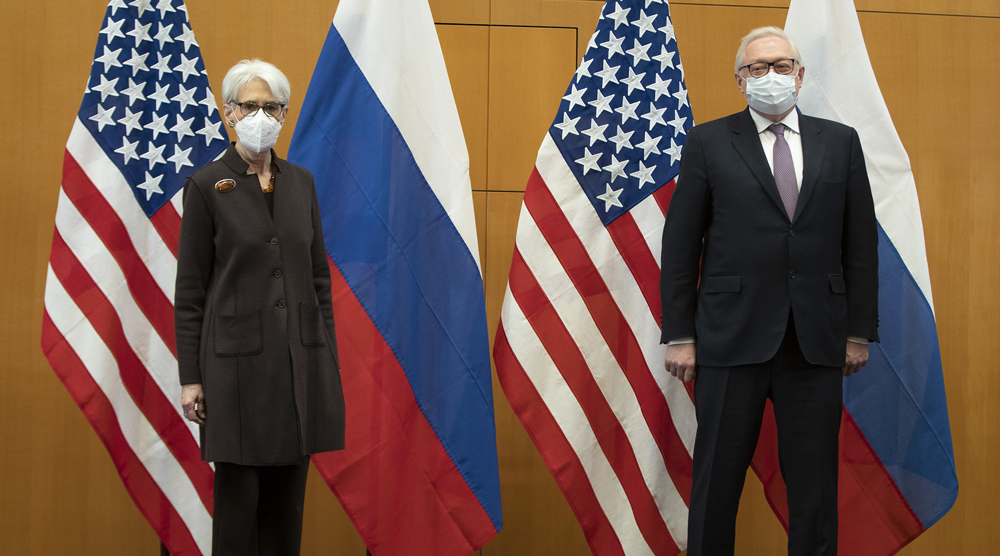
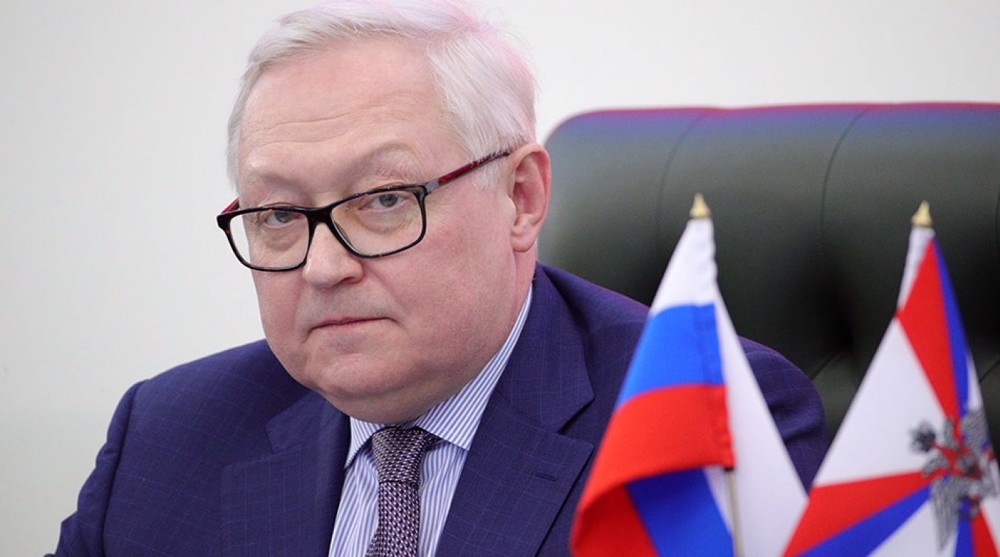
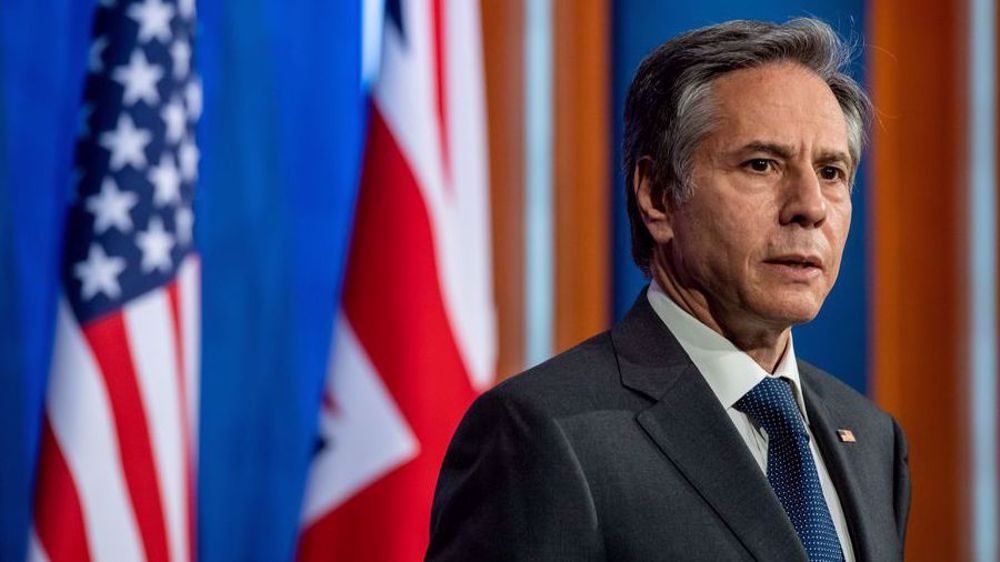
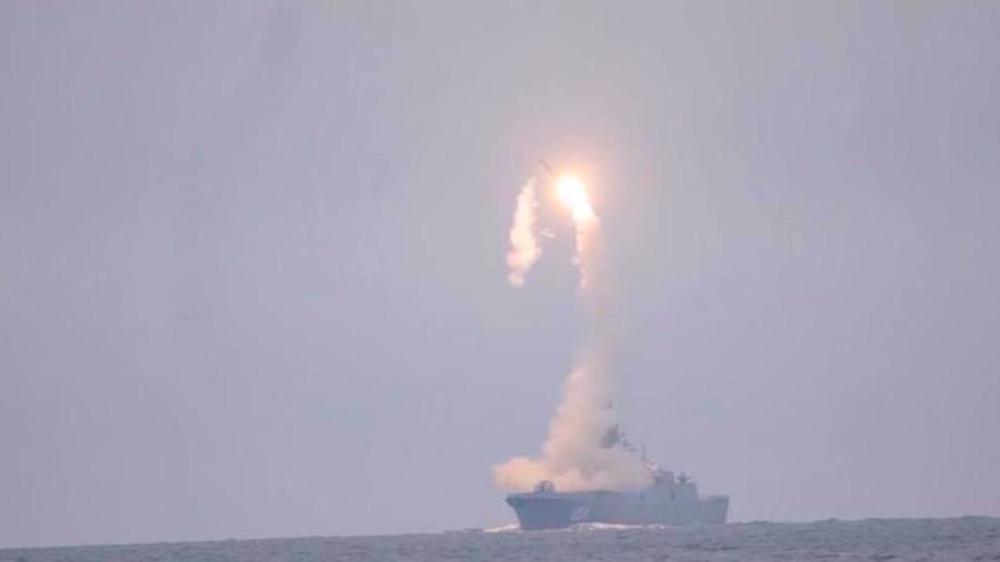

 This makes it easy to access the Press TV website
This makes it easy to access the Press TV website